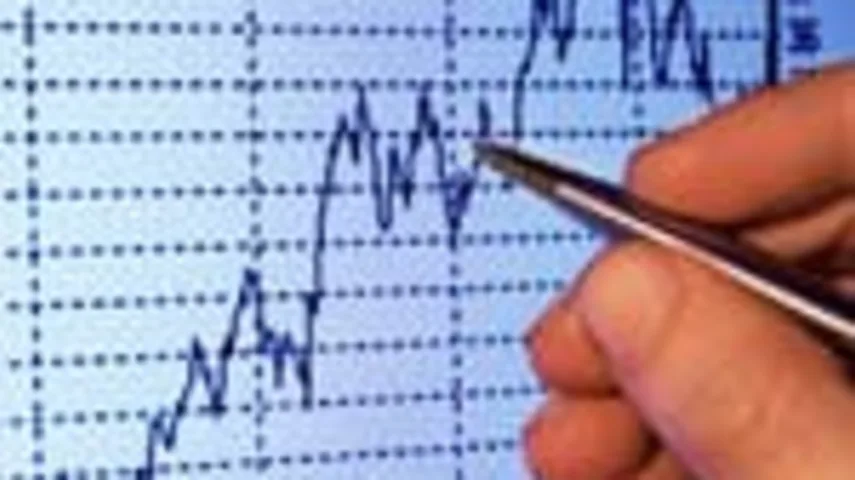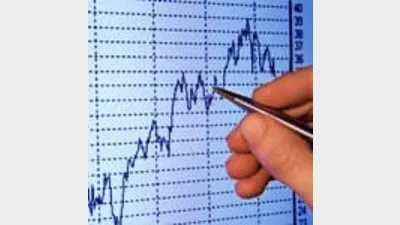Long duration assets hit hardest by market correction



Valuations have “never compressed so quickly” on the back of rising rate expectations, according to SG Hiscock, with those sectors which had benefitted from negative yields being hit the hardest.
SG Hiscock portfolio manager, Hamish Tadgell, highlighted energy and utilities as the only sectors that had posted positive returns this calendar year.
“On the back of the COVID recovery and the Russia-Ukraine conflict, oil is up 52% in the last 12 months and that’s feeding into higher energy and gas prices, so companies exposed to these areas are benefiting materially,” he said.
“However, the crash in the technology sector means it is down close to 50%.”
Tadgell said the correction had largely been valuation driven, as a result of the shift in real yields on the back of higher inflation and interest rate expectations.
“Post COVID, falling rates and emergency monetary settings saw real yields turn negative and an extraordinary rally in markets. Long duration stocks like technology benefited the most as the market was prepared to pay more for growth.
“With real yields now turning positive, markets have given back those gains very quickly. Those sectors that had benefited most have now been hit hardest,” Tadgell said.
He said he was surprised at the speed of the correction.
“Valuations have never compressed so quickly on rising rate expectations. The price earnings ratio of the ASX 200 Industrials has fallen 26% from its highs in August last year.
“The shift in inflation expectations and central bank narrative has been the catalyst. Central banks initially believed COVID supply chain issues and rising costs pressures would be transitory. But they have proved more persistent and, coupled with the Russia-Ukraine supply side shocks, there’s been a realisation inflation is more entrenched and central banks have to act more assertively.”
But, the challenge for central banks, according to Tadgell, was that they were largely impotent in controlling supply side issues.
“They cannot print more oil or wheat. By raising rates, they are looking to tighten financial conditions and take some heat out of economy to control inflation. In effect they are looking to dent demand, which brings with it risk to company earnings,” he said.
Recommended for you
Natixis Investment Managers has hired a distribution director to specifically focus on the firm’s work with research firms and consultants.
The use of total portfolio approaches by asset allocators is putting pressure on fund managers with outperformance being “no longer sufficient” when it comes to fund development.
With evergreen funds being used by financial advisers for their liquidity benefits, Harbourvest is forecasting they are set to grow by around 20 per cent a year to surpass US$1 trillion by 2029.
Total monthly ETF inflows declined by 28 per cent from highs in November with Vanguard’s $21bn Australian Shares ETF faring worst in outflows.










